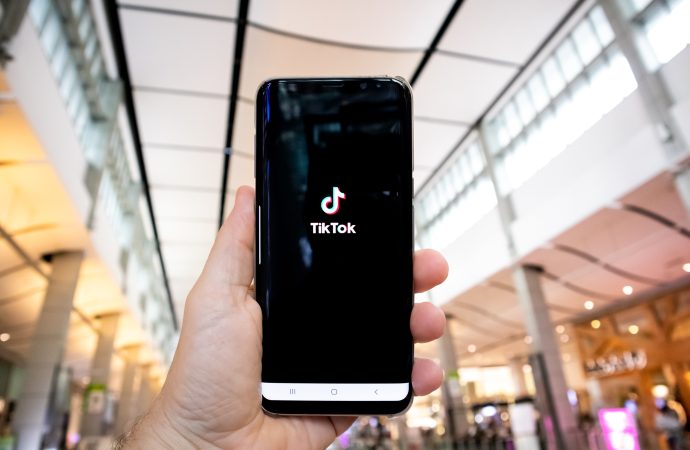Introduction: In the age of TikTok, beauty transformations have become a prominent trend, captivating millions of viewers worldwide. While these videos may seem like harmless entertainment, it is essential to examine the potential psychological costs they impose on individuals. This article delves into the impact of TikTok’s beauty transformations on mental health and self-esteem, shedding
Introduction:
In the age of TikTok, beauty transformations have become a prominent trend, captivating millions of viewers worldwide. While these videos may seem like harmless entertainment, it is essential to examine the potential psychological costs they impose on individuals. This article delves into the impact of TikTok’s beauty transformations on mental health and self-esteem, shedding light on the hidden consequences behind the pursuit of beauty.
The Allure of TikTok’s Beauty Culture:
TikTok’s beauty culture has exploded in popularity, with creators showcasing dramatic transformations using makeup, hair styling, and editing techniques. These videos offer viewers a glimpse into the possibility of radical self-improvement, with the potential to boost confidence and self-esteem. However, beneath the surface lies a darker side that warrants examination.
The Pressure to Conform:
TikTok’s beauty transformations often promote a specific set of standards and ideals, perpetuating the pressure to conform. Viewers may find themselves constantly comparing their appearance to the flawless images presented in these videos, leading to feelings of inadequacy and low self-esteem. The relentless pursuit of an unattainable beauty ideal can take a toll on mental health, fostering self-doubt and perpetuating a cycle of dissatisfaction.
Unrealistic Expectations:
One of the most significant concerns surrounding TikTok’s beauty transformations is the propagation of unrealistic expectations. These videos often rely on heavy filters, editing tricks, and professional skills that are not easily replicable in everyday life. As viewers strive to emulate these transformations, they may find themselves falling short, resulting in frustration and negative self-perception.
The Impact on Self-Esteem:
The constant exposure to curated beauty content can profoundly affect individuals’ self-esteem. TikTok’s beauty transformations create a distorted perception of what is considered “beautiful,” leaving viewers feeling inadequate and dissatisfied with their natural appearance. This erosion of self-esteem can have far-reaching consequences, impacting personal relationships, social interactions, and overall well-being.
The Mental Health Toll:
Beyond self-esteem issues, TikTok’s beauty transformations can have a detrimental effect on mental health. The pressure to conform to unrealistic beauty standards, the fear of judgment, and the incessant comparison can contribute to anxiety, depression, and body dysmorphia. The quest for beauty becomes all-consuming, overshadowing other aspects of life and leading to a fragile mental state.
Promoting Authenticity and Self-Acceptance:
Amidst the prevalence of TikTok’s beauty transformations, it is crucial to promote authenticity and self-acceptance. Content creators have a responsibility to showcase diverse representations of beauty and emphasize the importance of self-love. By celebrating individuality and challenging societal beauty norms, TikTok can become a platform that fosters positive self-image and mental well-being.
Balancing Aspirations and Reality:
While TikTok’s beauty transformations can be inspiring, it is vital to strike a balance between aspirations and reality. Encouraging viewers to appreciate their unique qualities, prioritize self-care, and develop a healthy relationship with beauty can help mitigate the negative impact on mental health and self-esteem. Recognizing that beauty is multifaceted and personal can lead to a healthier and more inclusive beauty culture.
Seeking Support:
If TikTok’s beauty culture begins to negatively affect mental health and self-esteem, seeking support is crucial. It is essential to reach out to trusted individuals, such as friends, family, or mental health professionals, who can provide guidance and understanding. Engaging in self-care practices, setting boundaries with social media, and nurturing a positive self-image are essential steps in preserving mental well-being.
Conclusion
:
While TikTok’s beauty transformations may offer entertainment and inspiration, it is essential to recognize their potential impact on mental health and self-esteem. By raising awareness, promoting authenticity, and prioritizing self-acceptance, we can navigate the beauty culture on TikTok in a way that protects our well-being. Remember, true beauty lies in embracing our uniqueness and fostering a positive relationship with ourselves.

















Leave a Comment
Your email address will not be published. Required fields are marked with *